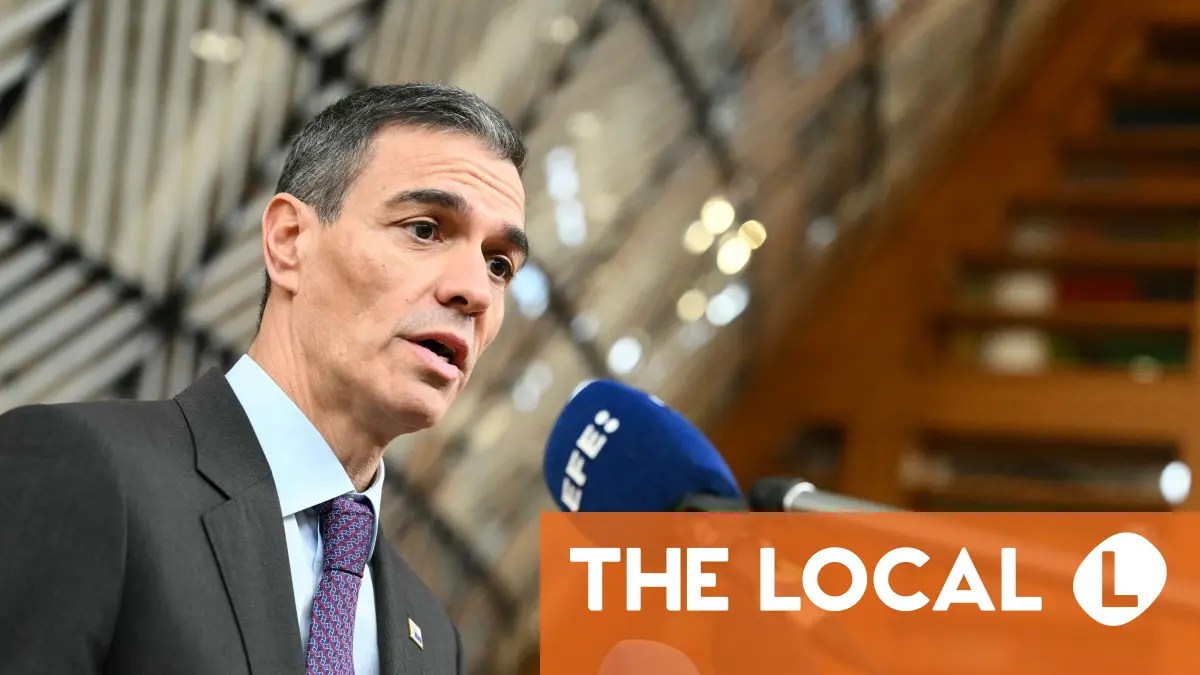Shorouk Express
The return of Donald Trump to the White House signals a sharp U-turn on US climate policy, with consequences reaching far beyond American borders. From dismantling Joe Biden-era climate regulations to fostering alliances with European climate sceptics, Trump’s policies could slow global decarbonisation efforts and embolden fossil fuel interests.
As reported first by Audrey Garric in Le Monde, Trump wasted no time in reversing US climate commitments, formally initiating the country’s official exit from the Paris Agreement, a pact he accused of being an “unfair and one-sided scam”.
“The US president, a climate sceptic who calls global warming a “hoax”, is turning his back on the rest of the world for the second time in the fight against the climate crisis, despite its increasing impacts, such as the fires ravaging Los Angeles,” writes Garric, referring to just one of the latest tragedies caused by human-driven increased temperatures.
Alongside an administration favouring deregulation, Trump is expected to halt federal support for renewable energy, cut climate-related funding, and dismantle emissions regulations for industries and vehicles. It’s also what he openly stated: “We’re going to drill, baby, we’re going to drill”.
Interesting article?
It was made possible by Voxeurop’s community. High-quality reporting and translation comes at a cost. To continue producing independent journalism, we need your support.
Subscribe or Donate
In Capital.bg, Ani Kodzhaivanova highlights that these actions could set back climate progress by decades, although regional authorities are already showing signs of bottom-up rebellion. “By leaving the Paris Agreement, this administration is abdicating its responsibility to protect the American people and our national security. But our states, cities, businesses, and local institutions are ready to take up the baton of US climate leadership and do everything possible – despite federal complacency – to continue the transition to a clean energy economy,” Gina McCarthy, who used to be Biden’s climate advisor, told Kodzhaivanova.
Jørgen Steen Nielsen in Information.dk describes how Trump is framing his climate rollback as a fight against “climate extremism”, echoing the language of far-right European parties. This rhetoric resonates with industries seeking fewer regulations and branding environmental policies as job-killers. Meanwhile, According to Tagesspiegel‘s Tilman Schröter, some of Trump’s more radical moves – such as dismantling the Environmental Protection Agency’s (EPA) regulatory powers – could face legal and congressional pushback. However, his influence on international climate diplomacy will be harder to counter.
Théo Bellemare points out in Reporterre that Trump has already appointed key figures with close ties to the fossil fuel industry to his administration. The selections signal a return to a policy of “energy dominance,” favoring oil, gas, and coal over renewables. His administration is expected to lift restrictions on oil and gas drilling on federal lands, remove emissions limits on coal-fired power plants, as well as cancel subsidies and incentives for solar and wind power.
Transatlantic effect: a European backlash and a boon for China
Trump’s climate policies don’t just affect the US: they also threaten global climate cooperation. On Correctiv, Annika Joeres, Elena Kolb, and Katarina Huthwarns warn that European climate skeptics, particularly far-right parties in Germany, France, and Italy, could be emboldened by Trump’s actions: “Politicians and lobbyists from big industry […] feel encouraged to push through their agenda politically. They want to keep government measures such as social welfare, health insurance and climate protection laws as small as possible.”
In fact an investigation published by The Guardian reports that US-based think tanks are coordinating with right-wing European lawmakers to weaken EU climate policies. Helena Horton, Sam Bright and Clare Carlile found that the Heartland Institute is actively collaborating with far-right European politicians to undermine EU climate policies. Trump’s return just gives them a powerful new ally.
While Biden’s Inflation Reduction Act positioned the US as a key player in the renewable energy race, Trump’s policies risk undermining this momentum. “Trump’s climate tsunami favours China and depresses US industry”, actually, highlights Ferdinando Cotugno in Domani. While Washington dismantles green incentives, Beijing is investing billions in renewables, batteries, and electric vehicles. “Beijing will not only control the technological supply chains of the transition but will also find itself without rivals for its weight in environmental diplomacy.”
On the other hand, Sören Amelang and Benjamin Wehrmann argue in Clean Energy Wire that Trump’s rollback could create an opportunity for Europe to take a leadership role by staying the course. Paradoxically, Trump’s assault on green tech could give Europe an edge, by attracting clean energy investments that the US is now pushing away. In the same article, NGO Germanwatch head Christoph Bals says that Europe had to respond to “national authoritarianism” in the US with self-confidence and to defend the rule of law, human rights and climate action: “The next years are about Germany’s and Europe’s ability to effectively, justly and affordably address the social and ecological challenges.”
Europe would face a massive push by far-right groups led by president Trump and his billionaire aide and booster, Elon Musk, adds Bals. “We as civil society actors will work here and worldwide on crafting alliances to protect human rights and the ecological basis of life.”
Europe’s response will be critical: will it step up as a leader, or will Trump’s influence weaken climate cooperation globally?














